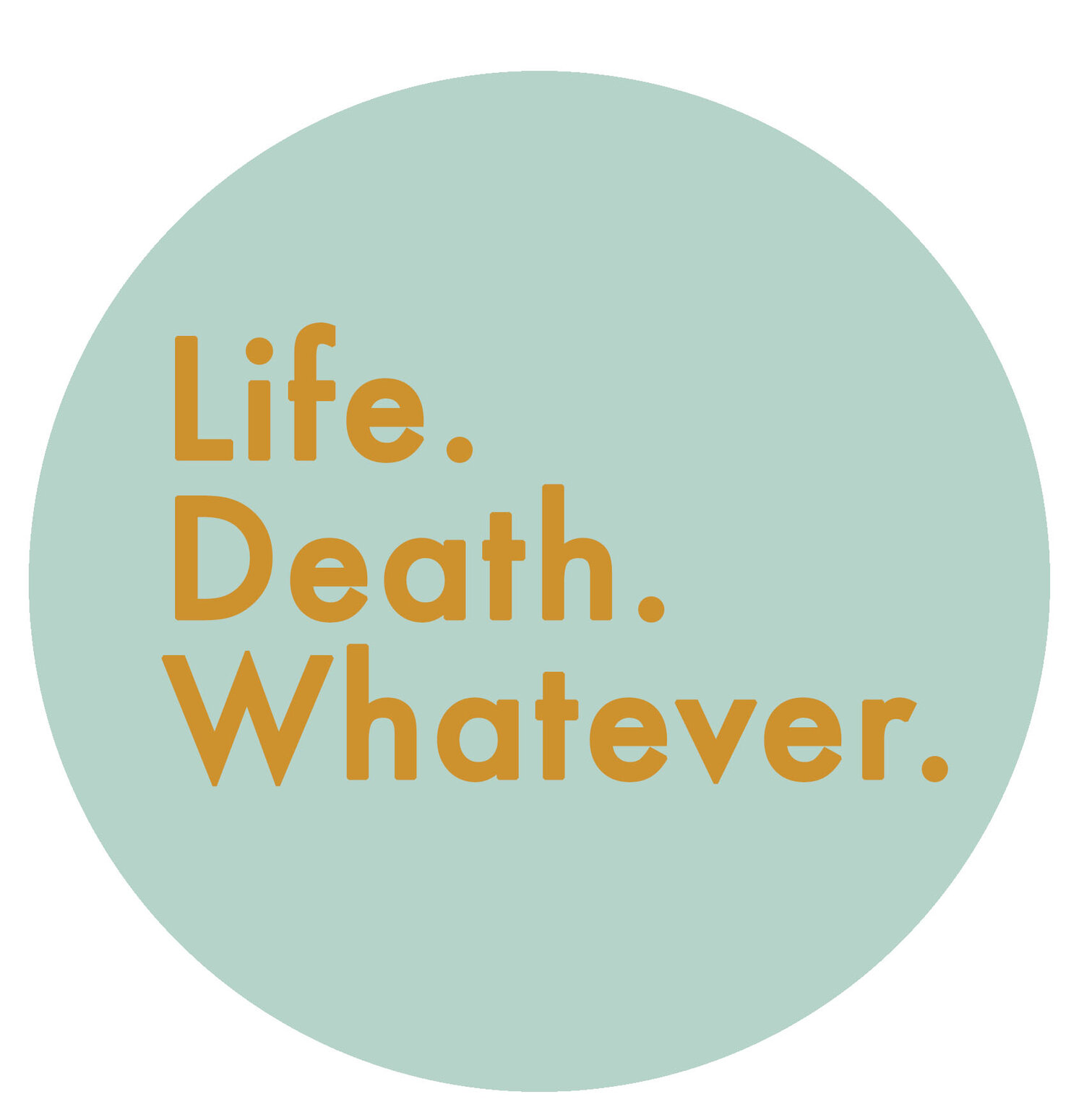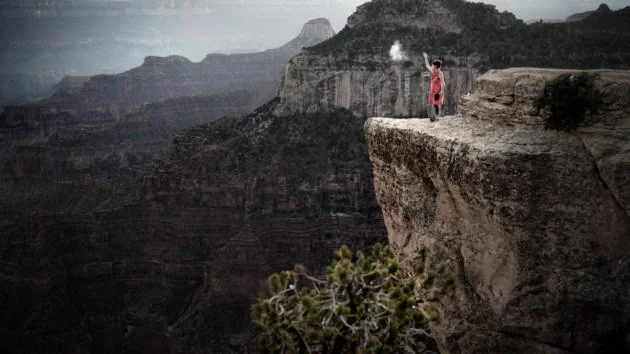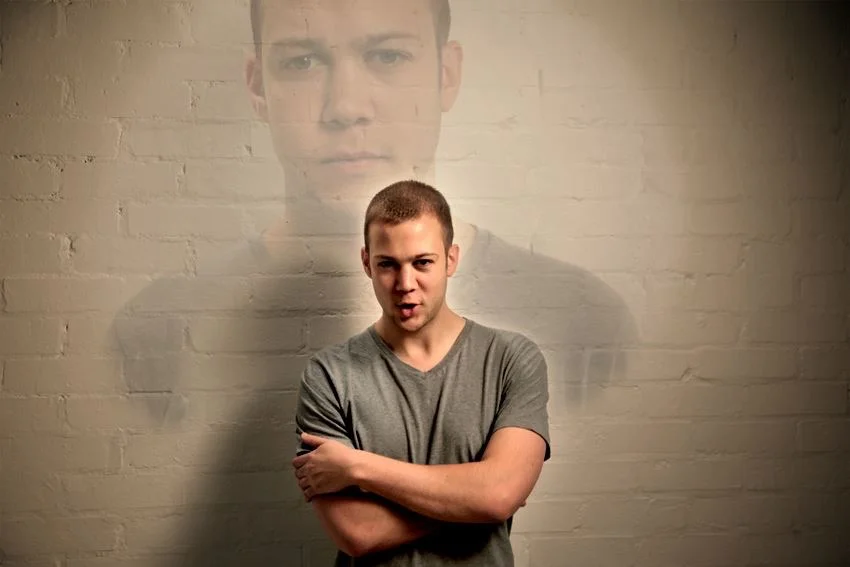The death of a child is never an easy subject to broach. No matter how long you’ve known the parents it can be difficult to know how to talk to them about their grief. Fear of getting it wrong can mean some people avoid the conversation altogether. According to Jane Harris and Jimmy Edmonds, whose son Josh died aged 22 in a road accident in Vietnam, this silence can be isolating.
“We asked ourselves why in a world where death will always make front page news, real life conversations about death, dying and bereavement are so problematic.”
Below are the Five Things they have learnt since the death of their son Josh in 2011.
By Jane Harris & Jimmy Edmonds
whose son Josh died in a road accident in Vietnam in 2011
1. Grief can’t be fixed.
Grief is not an illness, nor is it simply an unfortunate thing getting in the way of a ‘normal happy life’. Grief is a constant. When a child has died, it doesn’t mean that you stop loving them or that they are not present in your life anymore. Grief is the form love takes when someone dies and grief is important – it is how you learn to live inside your loss, how you carry what cannot be fixed. In a strange way you need grief - it is how you survive.
2. Grief for a child is not like other kinds of grief.
Death comes to us all. When a parent or a grandparent dies it is, in most cases, in the natural order of things but the death of a son or daughter (at any age) is out of tune with nature. For most bereaved parents, life will now seem very unfair. This is not to say that other forms of grief aren’t valid, but when an older person dies, generally speaking you have a whole life story to remember and have their history to tell. When a child dies it’s not only their history, it’s their future that is also lost.
Some people will make assumptions about how long a parent should grieve but we aren’t looking for closure. It’s for us to decide how to get on with life and platitudes about ‘moving on’ or ‘what our child would want’ aren’t helpful.
3. Much of the time bereaved parents will hide their grief.
Grief is exhausting and it’s not something a bereaved parent necessarily wants to share. This means that bereaved parents can be very good at putting on a mask – and the longer it has been since the child died, the better they may become at hiding their grief. When you meet them, they may laugh and joke, but that could well be a cover for what’s really going on.
Sometimes it feels like we are living in a parallel universe and we want to do so alone. There will also be times when we will need to hold the pain of our loss so close that any attempt to relieve it may be rebuffed. Don’t be offended if you begin to feel shut out from a bereaved parents grief, it is not personal.
4. Don’t be afraid to talk about our child or to say their name.
At other times, bereaved parents will want to be more open and want to talk about their child. We will not crumble or cry at the mention of our child’s name and even if we do, it’s not you that has caused our tears; they will more likely be tears of joy that you have decided to share a memory with us. Tears are a kind of release in the same way that laughter is.
5. Grief can be a period of growth.
Bereaved parents often feel they have been fundamentally changed after their child dies and that there is much to be learnt from grief. We all suffer – at some point in our lives we will all face tragedy and turmoil of one kind or another. Some would say that the only true connection between two human beings is through suffering. Grief will definitely affect the way we relate to one another, but it will also offer many creative opportunities in the way we express our feelings. A heart that is broken can never be truly mended but its through the cracks that the light gets in.
Josh Edmonds
About Jane Harris and Jimmy Edmonds
Jane and Jimmy co-founded The Good Grief Project after their son Josh died in a road accident in Vietnam in 2011.
Jane is a psychotherapist and Jimmy is a BAFTA award winning filmmaker and Winston Churchill Fellow. Together they’ve produced and directed an acclaimed feature documentary, A Love That Never Dies, which is now available worldwide via Amazon and Vimeo.
www.alovethatneverdiesfilm.com
Facebook
Twitter





